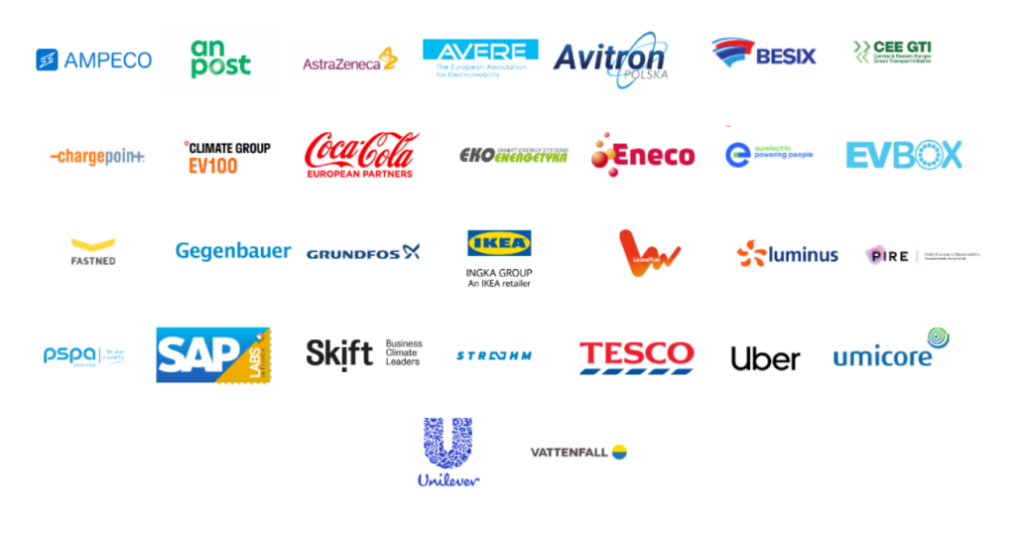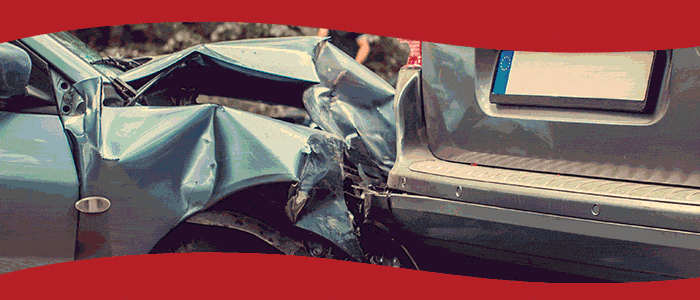To: Ms Ursula von der Leyen, President of the European Commission
Mr Frans Timmermans, Executive Vice-President for the European Green Deal
Ms Adina Valean, Commissioner for Transport
With transport accounting for the EU’s largest source of greenhouse gas emissions, accelerating the electrification of road transport has to be one of Europe’s biggest priorities.
In this regard, electrification of fleets represents a massive opportunity. 6 out of 10 cars sold in Europe are company cars, with those vehicles driving twice as much as private cars. The purchasing decisions of fleets have a significant knock on effect for the rest of the market, with vehicles generally going into the second-hand market after just 3-5 years. Companies are also in a great position to lead this charge on electrification as they tend to make purchasing decisions on a total cost of ownership (TCO) basis, for which electric vehicles have the advantage over their polluting alternatives.
Accelerating the electrification of fleets can provide the European Union a vital triple win: slashing emissions from road transport rapidly; weaning the EU off Russian oil imports; and last but not least creating a thriving second-hand market for affordable EVs.
Advertisement
We as leading businesses want to play our part in making Europe a greener and energy independent continent and also believe that smart regulation electrifying fleets will help us to further accelerate our switch to electric vehicles. It will boost supply and demand while at the same time sending a strong signal to policymakers, automakers and other industry players that the future is electric and we need the right framework conditions to shift gears.
We therefore call on the European Commission to propose as part of its Greening Corporate Fleets Initiative a regulation by October 2023, at the latest, setting binding zero emission purchase targets for corporate fleets. We call on the European Commission to include the following targets as part of this legislative proposal:
● By 2030 all new corporate cars and vans should be zero emission.
● Widen the scope to heavy commercial vehicles and set binding purchase targets for fleets of a certain size. These targets should be in line with all new heavy commercial vehicles being zero emission by 2035.
Moreover, co-legislators should swiftly agree on ambitious targets for public and private charging infrastructure in the contexts of the Alternative Fuels Infrastructure Regulation and the Energy Performance of Buildings Directive. In addition, member states need to speed up their own charging infrastructure plans and design dedicated incentive schemes for workplace and depot charging.
Applying these fleet targets would target millions of high-mileage vehicles, for which electrification would make a very valuable contribution to the EU’s climate goals under the European Green Deal.
We hope you give serious consideration to these recommended measures. This electrification of Europe’s fleets represents a golden opportunity to quickly reduce emissions, boost the EU’s energy security and grow a second-hand market for affordable EVs. We remain at your disposal for any questions or follow-up discussion.
Yours sincerely,

Advertisement

















